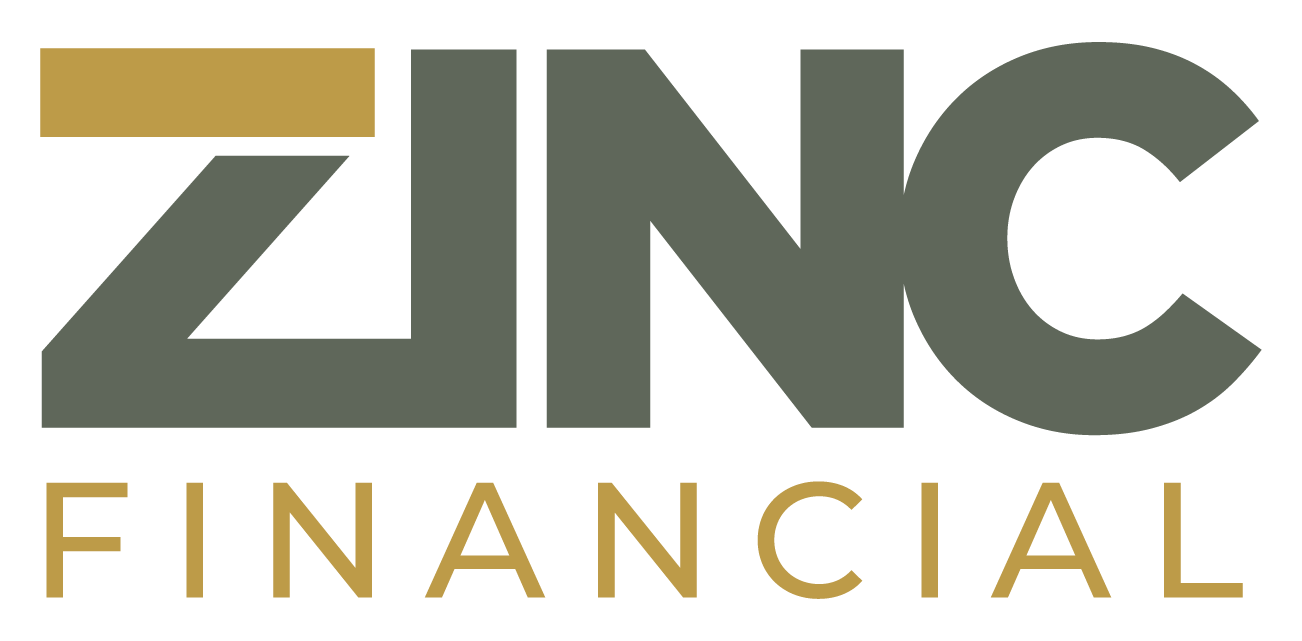Few investment opportunities are as lucrative or secure in the current marketplace as rental real estate investing. Home prices and rent prices are on the rise around the country, and neither shows any sign of slowing down in the next few years. With mortgage rates and vacancy rates both incredibly low, people who invest in buy and hold real estate are seeing excellent returns, both on a month-to-month basis when they collect rent and when they ultimately sell their properties.
Before you decide on a rental real estate investing strategy, there are a few questions you should ask yourself to help ensure that you get the most out of your investment. Here are some of the big picture considerations that you should use to help guide your research into buy and hold investing.
Do you want to be landlord?
Investing in buy and hold real estate doesn’t necessarily mean that you have to take on the responsibilities of a landlord. Many buy and hold investors choose to rely on property management firms to advertise vacancies, manage tenants, collect rent, and handle any day-to-day issues that may arise on their properties. While a property management firm will eat into your profits, it will also save you a great deal of time and energy.
That said, there’s no reason why you can’t act as your own landlord, especially if you choose to invest in a single family property. When you only have to deal with one tenant and maintenance issues at a single house, being a landlord can be a pretty easy gig. Whichever route you choose to go, be sure to weigh the value of your time versus the commitment that you think you’ll have to make in order to serve as your own landlord.
Do you have a good accountant?
There are quite a few tax incentives that go along with being a landlord. If you’re not a CPA yourself or if you don’t have any past experience managing rental properties, you’ll definitely want to speak to an experienced accountant to make sure that you take advantage of all of the tax incentives that are available to you as a buy and hold investor. Things like trips to and from your property, rehab expenses, advertising expenses, and a whole range of other costs can be deducted at the end of the year. So if you’re not a good details person, make sure you have someone working for you who is.
How will you fund your investment?
Many novice investors make the mistake of sinking their life savings into a second property with the intent of renting it out. There’s no reason why you need to put your savings on the line. Instead, you can turn to buy and hold loans from reputable private money lenders. At ZINC Financial, our apartment flipping loans are available for both single-family houses and multi-unit apartment buildings.
Whoever you choose for your loans, make sure that you read the terms carefully and keep an eye out for hidden fees. You should also look for a lender who has an excellent reputation within the industry and a lot of repeat clients.


